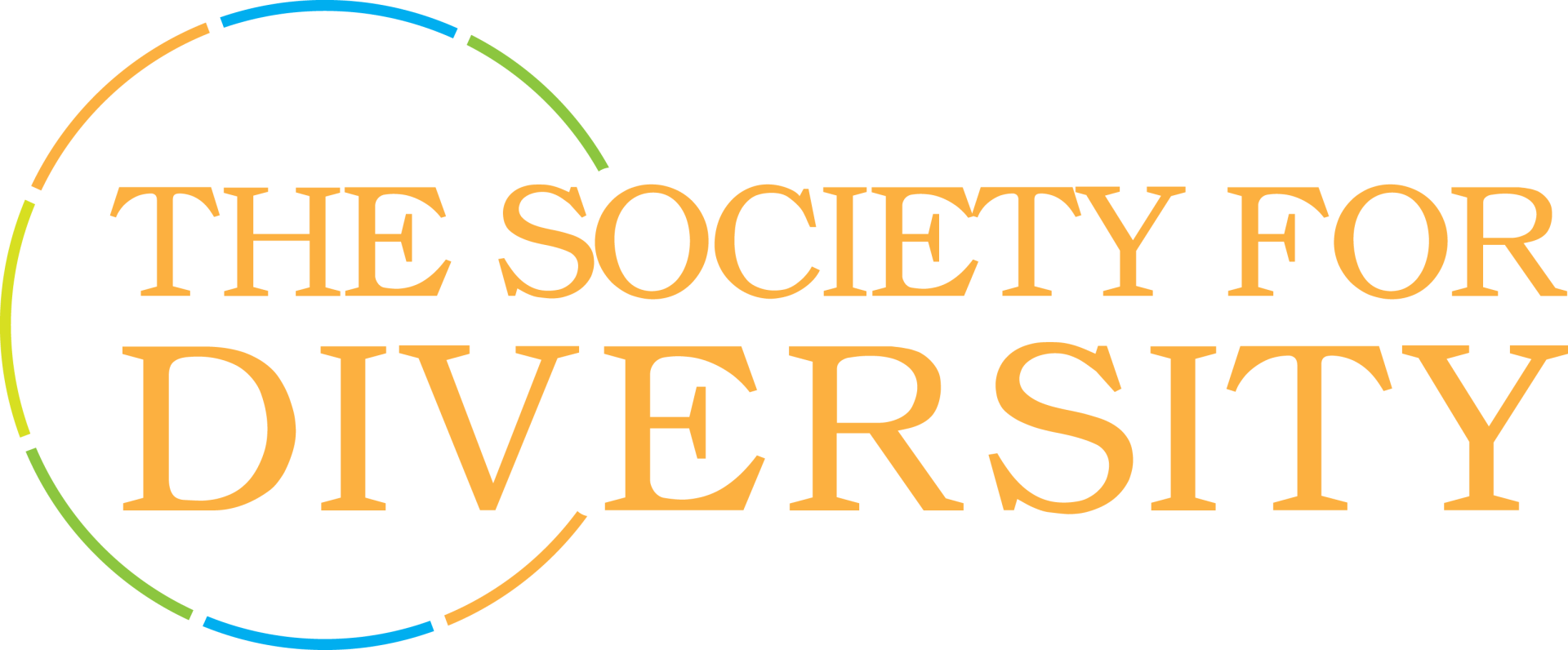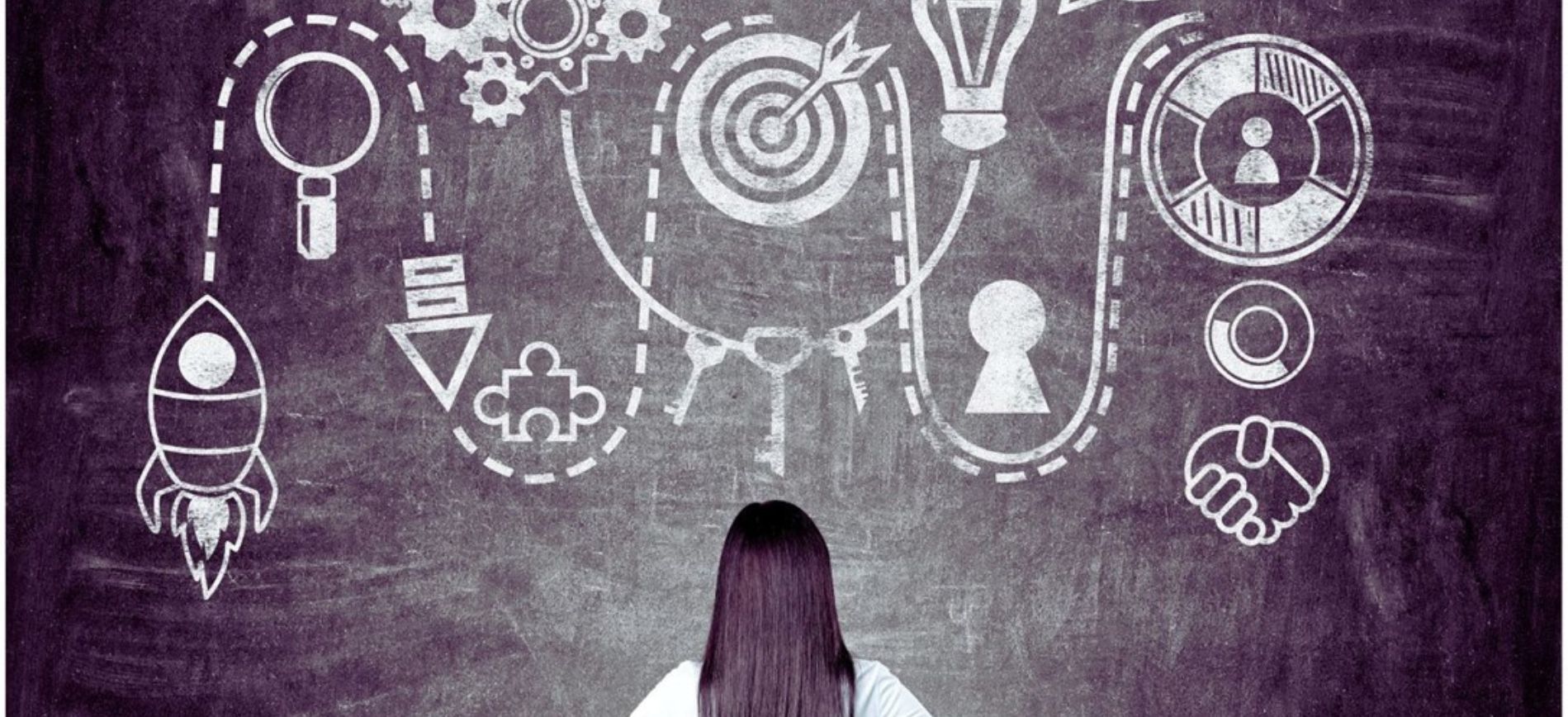DEI’s Intersection with Social Justice
Photo by Ehimetalor Akhere Unuabona on Unsplash
In recent months, we’ve seen a number of high-profile incidents of racial injustice, such as the shooting of Daunte Wright by police in Brooklyn Center, Minnesota, and the mass shooting at a Buffalo, New York supermarket by a white supremacist. These incidents have sparked a national conversation about race and racism, and have led to calls for greater diversity, equity, and inclusion (DEI) in our society.
DEI is about creating a more just society, where everyone has equitable opportunities, regardless of their race, ethnicity, gender, sexual orientation, or other personal characteristics. Social justice is about ensuring that everyone has equal rights and opportunities, regardless of their social or economic status.
DEI and social justice are closely intertwined. When they work together, they can create a society where everyone has the opportunity to reach their full potential. Let’s explore three components common to both DEI and social justice: gender equality, LGBTQ+ rights, and racial justice.
Gender equality
A key aspect of DEI is gender equality. This means ensuring that women have equitable opportunities in the workplace, education, and other areas of life. Issues related to gender equality include, but unfortunately aren’t limited to, the gender pay gap, sexual harassment, and violence.
The gender pay gap is the persistent difference in earnings between men and women. According to the Pew Research Center, in 2022, women earned 82 cents for every dollar earned by men. This gap has persisted for decades, and it’s even wider for women of color.
The gender pay gap is a result of discrimination, occupational segregation, and the lack of affordable childcare. DEI can help address these factors by promoting equal pay for equal work, encouraging women to enter non-traditional occupations, and providing affordable childcare.
LGBTQ+ rights
Supporting the equal rights and protections LGBTQ+ people have under the law is another important component impacting both DEI and social justice. LGBTQ+ people may be denied housing, fired from their jobs, or denied admission to schools; they are often discriminated against in housing, employment, and education. DEI can help by raising awareness of LGBTQ+ issues and challenging negative stereotypes that sometimes lead to discrimination and violence.
Racial justice
DEI can help promote racial justice by ensuring that people of color have equitable opportunities. DEI training and tactics can help address racial disparities in housing, employment, and healthcare. People of color are often disproportionately affected by these disparities: they are more likely to live in poverty, be unemployed, and have worse health outcomes.
We can also promote racial justice by raising awareness of racial issues and challenging negative stereotypes about people of color. As with LGBTQ+ persons, negative stereotypes about people of color can lead to discrimination and violence.
How can we support DEI and social justice?
When everyone has equal opportunities, regardless of their background, we all benefit.
A more equitable society is a more prosperous and peaceful society. When everyone has the opportunity to succeed, we all benefit from the resulting innovation and creativity. And when everyone feels like they belong and that they have a stake in the future, we’re less likely to see conflict and violence.
That’s a bright future, one we can create together. Here are a few ideas for getting involved:
- Volunteer! Many organizations advocate for social justice issues. Find one that aligns with your values and get involved. The Human Rights Campaign and NAACP are great places to start.
- Talk! Talk to your family, friends, coworkers, and community groups about diversity, equity, and inclusion and its overlap with social justice. Awareness isn’t enough when there’s so much misinformation. The more people who are aware of and understand these issues, the more likely we are to make progress.
- Speak with your dollars! Support businesses and organizations committed to DEI and social justice. When you spend your money with businesses and organizations that are committed to DEI and social justice, you are sending a message that you value these issues.
- Educate yourself! The more you know, the better equipped you’ll be to make a difference. While there are many ways to learn, one option is to pursue diversity, equity, and inclusion certification through the Institute for Diversity Certification (IDC).
DEI certification
IDC offers two credentialing programs for diversity, equity, and inclusion professionals: the Certified Diversity Professional (CDP)® and the Certified Diversity Executive (CDE)®.
The CDP® program is designed for professionals who are new to the field of DEI or who are looking to champion DEI initiatives in their organization. The CDE® program is designed for leaders and executives who are responsible for setting their organization’s direction.
Both programs are rigorous and comprehensive and provide candidates with the knowledge and skills they need to make a difference in the world. Learn more and get started today!
Disclaimer: Content on this blog is authored by multiple sources. While we do make every attempt to proofread and fact-check, unless authored our staff, the views expressed do not necessarily reflect those of The Society for Diversity and the Institute for Diversity Certification.






